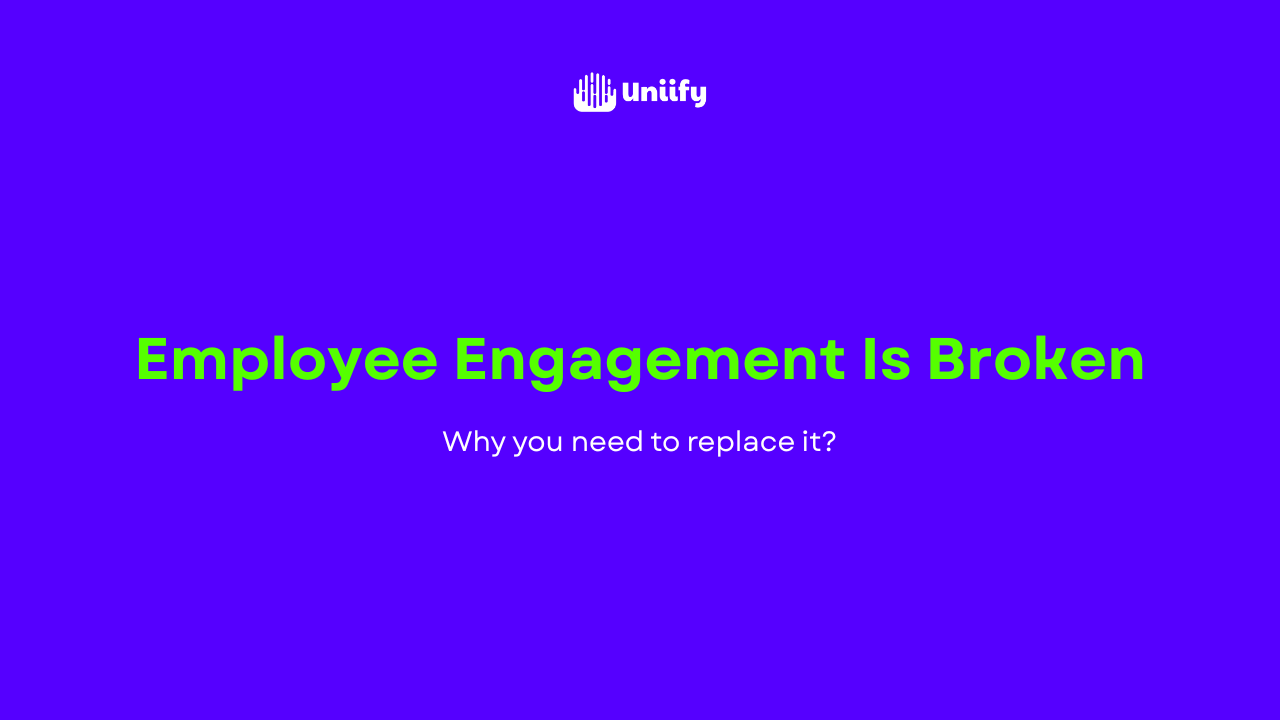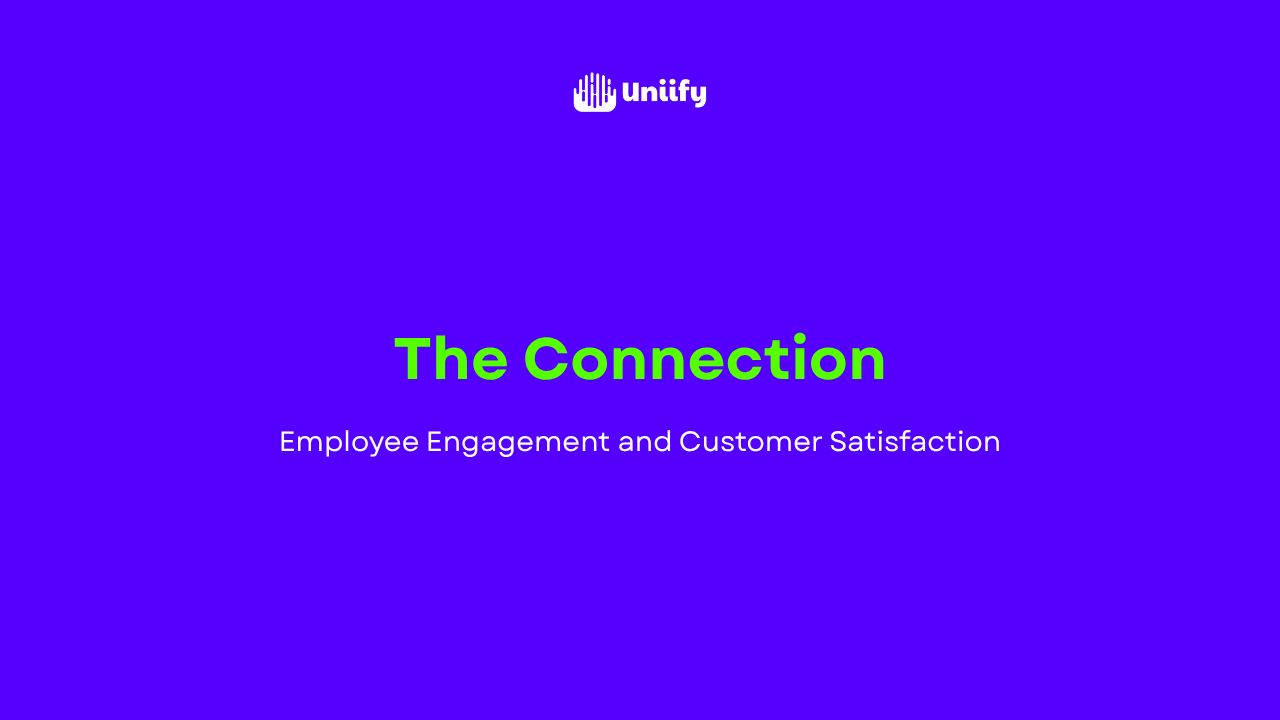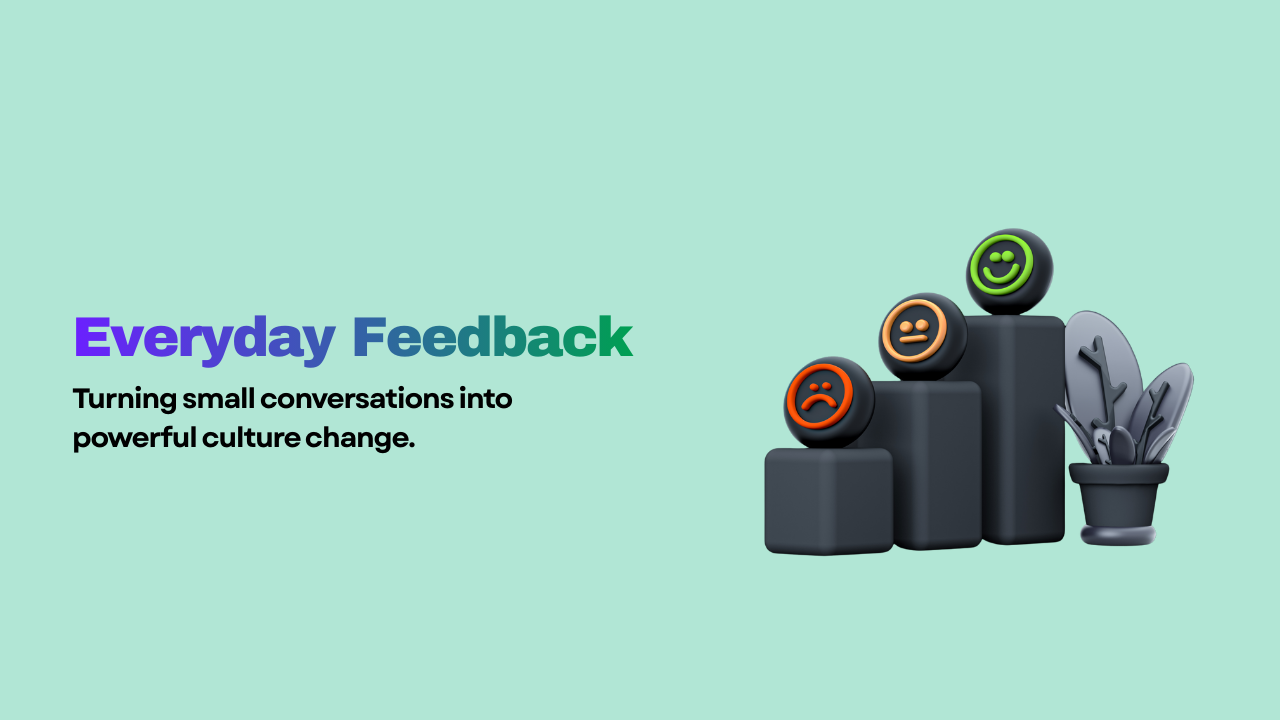The future of HR isn’t loud. It’s quietly observant.
While most organizations still depend on surveys and reports, the most forward-thinking ones are already listening without asking.
AI is helping them do it — not by replacing empathy, but by amplifying it.
This isn’t the kind of AI that predicts turnover or ranks performance.
It’s the kind that notices silence in team chats, detects emotional shifts in feedback, and connects invisible dots before leaders even ask.
It’s a quiet revolution — one that’s changing how we understand people at work.
The Limits of Traditional Listening
For decades, HR has relied on structured feedback: forms, meetings, and exit interviews.
The intent was always good, but the method was slow and surface-level.
People often censor themselves when they know they’re being asked for feedback. They choose safe words. They shape responses to fit what seems “acceptable.”
AI changes that dynamic.
It reads patterns instead of paragraphs. It recognizes emotion instead of just counting opinions.
Instead of asking employees how they feel, it helps organizations sense how culture feels.
The Rise of Passive Listening
Passive listening doesn’t mean inaction. It means insight without intrusion.
AI can analyze the tone of communication, the pace of responses, or even the participation levels across teams — all while protecting privacy.
It allows HR leaders to understand sentiment shifts before they appear in surveys or resignations.
Imagine being able to sense frustration building in a department or optimism rising after a leadership message — without sending a single form.
That’s the power of listening without asking.
How AI Makes Empathy Scalable
There’s a misconception that technology and empathy can’t coexist.
But the truth is, empathy at scale needs technology.
AI becomes the bridge between human intention and human emotion — helping leaders act sooner, with precision and care.
- Detect patterns early: AI notices dips in collaboration, sentiment, or engagement long before humans can.
- Prioritize human response: It doesn’t decide; it alerts. Managers still step in with conversation and care.
- Reduce cognitive overload: Instead of parsing endless data, HR can focus on meaning — the why behind the trend.
This isn’t surveillance; it’s stewardship. The goal isn’t to monitor, but to understand quietly.
From Data to Dialogue
AI doesn’t replace listening; it refines it.
It helps HR leaders ask better questions, not fewer.
Imagine if every data point came with context — “why” morale dipped, “when” motivation peaked, “where” belonging was built.
AI can surface these moments so leaders can respond faster, more thoughtfully, and more personally.
Because every insight deserves a human reply.
The Everyday EX Connection
Within the Everyday EX framework, Listen is the heartbeat.
AI simply strengthens that pulse.
It helps organizations listen continuously, respond compassionately, and lead proactively — all while preserving the human rhythm that defines Uniify’s vision of modern work.
This is technology not as automation, but as amplification — giving leaders more time to care where it matters.
The Uniify Perspective
At Uniify, we’re building this quiet intelligence into the Everyday EX experience.
Through sentiment analysis, behavioral cues, and contextual insights, our platform helps organizations listen between the lines — at scale, in real time, with empathy.
AI shouldn’t make work colder. It should make understanding warmer.
Human Signature
Technology may process the signal, but empathy still writes the response.
In Essence
- AI in HR isn’t about replacing empathy — it’s about extending it.
- Passive listening captures what structured feedback misses.
- Real-time insight leads to faster, more caring action.
- The future of HR will listen more and ask less.
That’s why we built Uniify — to make Everyday EX real, measurable, and human.








